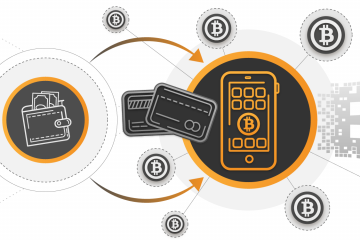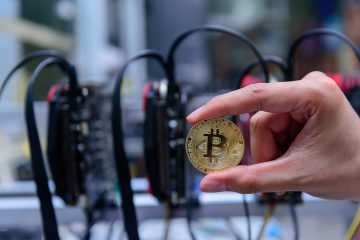Jeffrey Tucker Joins RMIT University Blockchain Innovation Hub as Research Affiliate
Jeffrey Tucker accepted a title of Research Affiliate for the RMIT University Blockchain Innovation Hub in Melbourne, Australia. RMIT University is known for applied leading-edge research that engages with business and technology. They are an interdisciplinary team of researchers in economics, political-economy, organizational theory, law, sociology, politics and communications. They work on cryptoeconomics, business strategy and adaptation to blockchain technologies, mapping the blockchain economy, and identifying the public policy challenges that will hold back or accelerate this economic revolution. View a










